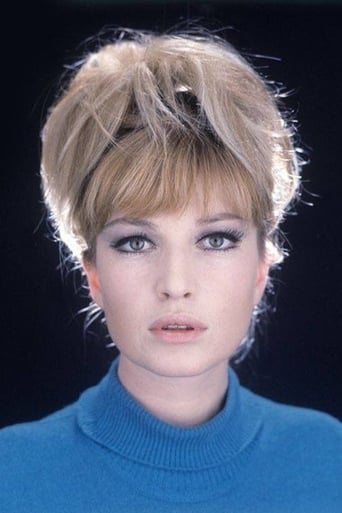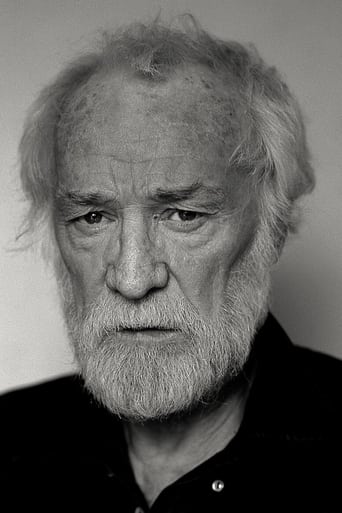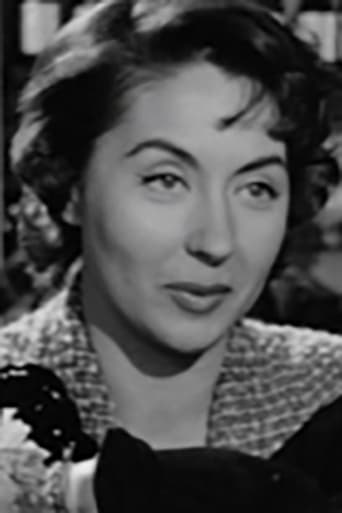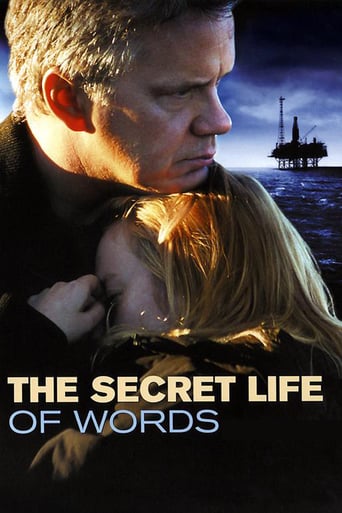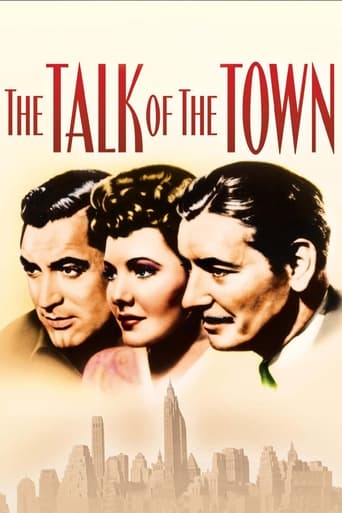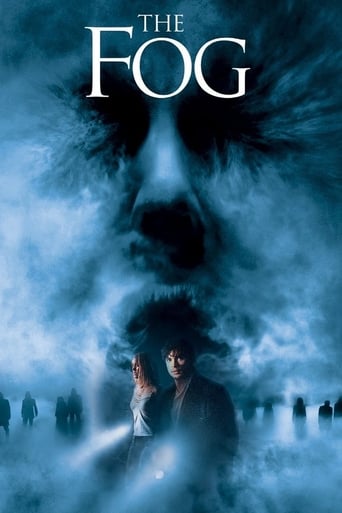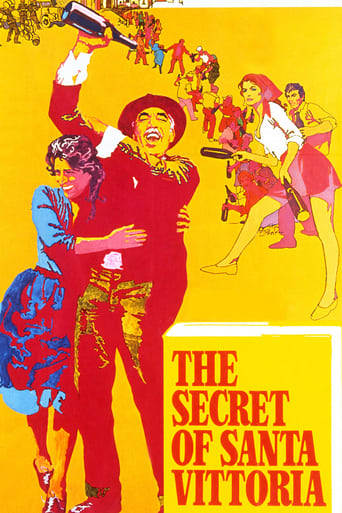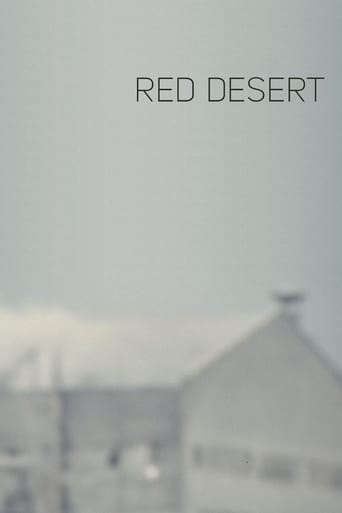
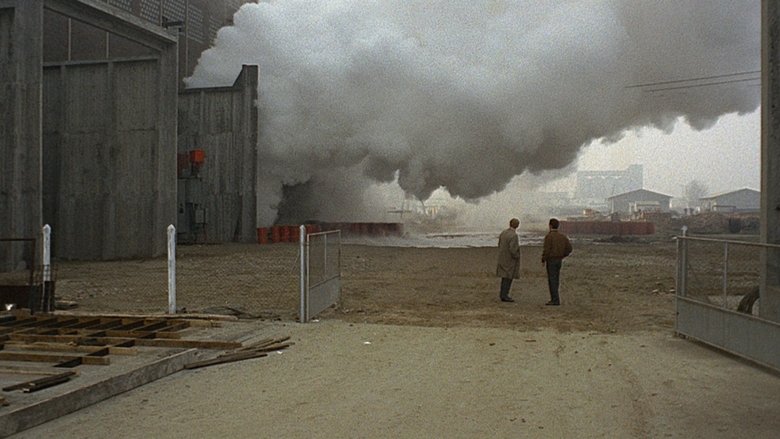
Red Desert (1964)
In an industrializing Italian town, a married woman, rendered mentally unstable after a traffic accident, drifts into an affair with a friend of her husband.
Watch Trailer
Cast
Similar titles

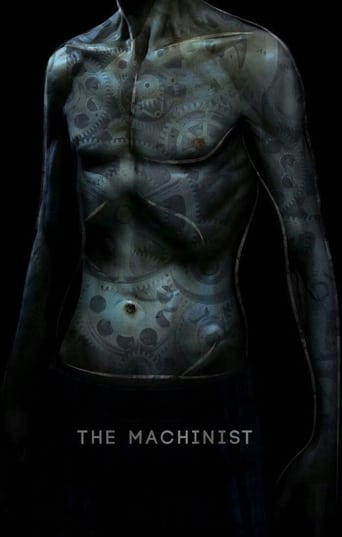


Reviews
I like the storyline of this show,it attract me so much
Simply Perfect
Although it has its amusing moments, in eneral the plot does not convince.
Exactly the movie you think it is, but not the movie you want it to be.
Antonioni's Red Desert asks us to consider the accommodations and adaptations of the newly successful Italian upper middle class to the changing social, economic and environmental conditions of post-World War II industrialization. More particularly, this important film focuses on the insecurities and honest fears of the middle-aged Giuliana, absorbingly portrayed by Monica Vitti, as she struggles with her own imbalances in the face of a rather sterile marital relationship, shifting social mores and a disturbing and perhaps unhealthy industrial landscape. But the emotionally detached and borderline amoral actions of the supporting players, limited in scope by Antonioni's and Tonino Guerra's script, are also significant to the theme. It is a film that asks how we examine, perceive and choose to act in the world around us each and every day as technology and economic "progress" inexorably make life more complex and disruptive, even as the opportunities for material experiences and goods - for good or ill - increase. Giuliana's mental instability predates the start of the film. A car accident of uncertain causation and her recovery - or lack thereof - in the ensuing hospital stay is unveiled early in the film for context. But Giuliana is clearly not well. She is rightly fearful of the daunting (but geometrically interesting and colorful) industrial structures and the horrifying waste contaminants that are despoiling the land, water and air near the home she shares with industrial manager husband Ugo (Carlo Chionetti) and son Valerio. Ugo, while concerned, appears resolved to maintaining a sort of status quo disequilibrium that he thinks may be manageable. Meanwhile, an industrial entrepreneur, Corrado Zeller (a well-dubbed Richard Harris), acquainted with Ugo, enters the scene, wanting to hire labor for a venture in Patagonia that he is pursuing with half- hearted intensity. He soon begins to shadow Giuliana - and she him - in plain sight during Ugo's workday. These scenes tend to drag a bit as Corrado's undisguised but not physically aggressive pursuit of her reveals a man of surprisingly low self-esteem and an admitted lack of understanding of life. Meanwhile, his interest in her does not assuage her desire for more security and self-awareness in a world she cannot seem to grasp. As their attentions to one another increase - but only slightly, through most of the film - Giuliana's emotional comfort does not progress apace. In fact, the scenes become more dominated by fog and the clouded movement of large, nondescript ships as her connection to a coherent universe continues to slip away. Her confusion is only increased by this strangely kind and attractive figure who, while appearing to empathize with some of her fears, ultimately offers no true solution to her discomfort. In fact, we are left believing that Corrado's actions were more facade than truth, and Antonioni subtly suggests that Giuliana's realization of that fact leads her to a more honest and healthy vision of the odd world she inhabits. One might conclude that she has struggled, and come to an adaptation that might work for her. We are left hopeful.The minor characters in the film, and for purposes of this argument I would include Corrado and Ugo, despite moments of seeming sincerity, are depicted as shallow and accommodative. They are not adapting to the contradictions of modernity, but rather letting their moral principles weaken in the face of the acceptability of money as a standard of righteousness. Antonioni illustrates this through a brilliant scene in a waterfront party shack that is owned by one of Ugo's associates. The flimsy walls are painted in bright colors in this tiny hovel, a metaphor for the shallow excitement and weak moral base that substitutes for honest human companionship in what appears to be a tentatively-engaged bourgeois partner share. Giuliana at least realizes that adaptation to this rapidly changing, increasingly complex and difficultly realized world demands soul-searching and discomforting effort. The others have merely acquiesced to a life devoid of meaning.Antonioni is saying that scientific, technological and most significantly material economic progress, while attractive in some ways - and allegorically represented by the cinematography of Carlo Di Palma, which brilliantly pervades this film - will inexorably present challenges to the human desire to find honest and caring companionship when relationships and a sense of place are fluid., It will push us to come to grips with and ameliorate the destructive aspects of that material progress. A rise in mental instability and addictive or morally suspect behavior may well be a nasty companion to these pressures and challenges. This film, made in 1964, presents a view of modern life that still resonates. View it more than once, and gain more appreciation on each occasion for the power of film to inform our lives.
Directed by Michelangelo Antonioni (L'Avventura, L'Eclisse, Blowup), this film came to my knowledge through the book 100 Movies You Must See Before You Die, I was surprised to see it only rated two stars out of five by critics, but I was still going to see why it was listed. Basically in cold, rainy and foggy Ravenna, Italy is a petrochemical plant, the factory is creating wastage that pollutes local lakes, the plant manager is Ugo (Carlo Chionetti), who is married to housewife Giuliana (L'Avventura's Monica Vitti), she has been hiding that following an auto accident she has become mentally ill. Corrado Zeller (Richard Harris) is a visiting business associate wanting to recruit workers for an industrial operation in Patagonia, Argentina, he is attracted to Giuliana, she one day accompanies him and indirectly reveals details of her mental state, including dreams of sinking and drowning, and she seems lost and isolated in moments. Giuliana, Ugo, and Corrado spend a weekend together with couple Max (Aldo Grotti) and Linda (Xenia Valderi), and also Emilia (Rita Renoir) at a small riverside shack at Porto Corsini where they engage in small talk, jokes, role-play and innuendo, Giuliana and Corrado have grown closer during this time, but the company are interrupted by the arrival of a mysterious ship docking directly outside, it is quarantined due to an infectious disease, Giuliana panics and rushes off. Later Ugo leaves on a business trip, Giuliana spends more time with Corrado and reveals more about her anxieties, then she finds that all the sudden her son (Valerio Bartoleschi) has become paralysed from the waist down, she tries to comfort him, she is shocked as her son was only pretending, seeing this as a cruel thing to do her loneliness and isolation returns. Giuliana wanting to end her inner turmoil goes to Corrado's apartment, he tries to force his affections on her, first resisting she accepts them, they make love, but this does nothing to help her isolation, the next day she goes to the docks and goes to her lowest state, and later on walking with her son, he notices the toxic poisonous yellow smoke emissions, Giuliana reassures him birds have learnt to avoid it. Also starring Lili Rheims as Telescope operator's wife and Giuliano Missirini as Radio telescope operator. To be honest, I can agree with critics, it is not exactly the most compelling film, it is good to see British actor Harris speaking a foreign language, the woman trying to survive the modern world is interesting enough to an extent, and the power plant threat is alright, it may have good visuals, but overall its a relatively dull drama. Adequate!
Cold, rain, and fog surround a plant in Ravenna. Factory waste pollutes local lakes; hulking anonymous ships pass or dock and raise quarantine flags. Guiliana (Monica Vitti), a housewife married to the plant manager, Ugo (Carlo Chionetti), is mentally ill, hiding it from her husband as best she can.This was director Michelangelo Antonioni's first film in color, which is appropriate given the title.While this not explicitly intended as political or social commentary, this interpretation is unavoidable when set in such a place as a dirty, lifeless factory. But do not assume that this landscape is necessarily bleak, as Antonioni has said of the film, "The line and curves of factories and their chimneys can be more beautiful than the outline of trees, which we are already too accustomed to seeing." A bold statement.This was the fourth film Antonioni made with actress Monica Vitti, following "L'Avventura" (1960), "La Notte" (1961), and "L'Eclisse" (1962). Many critics consider this one her best work. Indeed, the audience can do nothing but flow with her emotions.
"Red Desert" is the sort of film that sophisticated folks might say they enjoy though the common person wonders why the film what made in the first place. Although my taste often runs to foreign language films, I find myself siding with the average viewer--wondering if there is any point to this film. And, as I sit here and write my review, I wonder why Antonioni would make a film that would have little, if any, interest to most viewers--though this can be said about several of his other films (such as his inexplicable "Zabriskie Point").The film is set in a toxic wasteland of a town. There is a huge factory there and almost everything is grey and dead. The water is a cesspool, a boat arriving at the port has some sort of plague and yellow smoke is belched by the smoke stacks. It is truly an awful place. Giuliani (Monica Vitti) lives there with her son and husband and the camera follows her throughout the movie. She is bored and mentally ill and spends pretty much the whole film complaining about her life, staring into space and questioning her existence. There really isn't a whole lot more to the film than that, though Corrado (Richard Harris) pops in and out of the movie and sticks around long enough to have sex with screwy Giuliana.Overall, this is a dark, depressing and seemingly pointless film. Perhaps it is supposed to be some statement about life itself and interpersonal alienation, though frankly, I think this is ridiculous. Life is good and sweet--and seeing an awful film like this seems like a waste of time.
